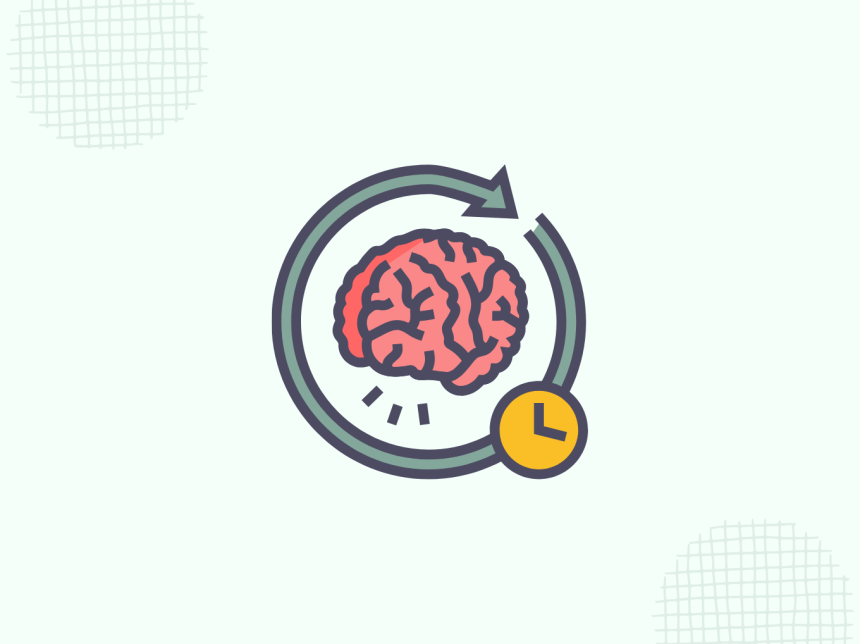
Psycholify @admin 6 months ago Thank you for this post @mammamia
Mamammia @mamammia 6 months ago @admin :) ✨✨

Explore the stages of memory—encoding, storage, and retrieval—and learn about explicit and implicit memory types. Discover how the brain's hippocampus, amygdala, and prefrontal cortex shape memory and recall, and understand their role in personal identity. Dive into the factors affecting memory, from aging to neurodegenerative diseases, in this comprehensive guide.
Memory is a complex cognitive process that allows individuals to store, process, and retrieve past experiences. It plays a critical role in shaping personal identity and facilitating daily life. The nature of memory, its mechanisms, and recall processes are among the most significant areas of study in psychology. This article explores the stages, types, and neurological foundations of memory, as well as factors that influence its functionality.
The Stages of Memory: Encoding, Storage, and Retrieval
Memory is typically examined through three main stages: encoding, storage, and retrieval.
1. Encoding: The Foundation of Memory
Encoding is the process of transforming sensory information into a format suitable for storage in memory. For instance, when learning a new phone number, repeating or grouping the digits aids encoding. The effectiveness of this stage depends on factors like attention, motivation, and cognitive strategies.
2. Storage: Short-Term and Long-Term Memory
Storage refers to retaining encoded information. Memory is divided into two types:
3. Retrieval: Recalling Stored Information
Retrieval is the process of accessing stored memories. External cues, such as a familiar scent or song, can trigger recall. Internal factors like emotional state or motivation also influence retrieval success. For example, childhood memories may resurface when prompted by specific stimuli.
Types of Memory: Explicit and Implicit
Memory is categorized into explicit and implicit types, each serving distinct functions.
Explicit Memory: Conscious Recollection
Explicit memory involves consciously recalled information and is divided into:
Implicit Memory: Unconscious Influence
Implicit memory affects behavior without conscious awareness. It includes skills and habits, like riding a bike, which become automatic over time. These memories are often tied to motor skills and routines.
The Neurological Basis of Memory and Recall
Memory and recall are supported by complex cognitive and neurological mechanisms. Key brain regions include:
Factors Affecting Memory and Recall
Several factors can impact memory performance:
Memory’s Role in Identity and Self
Memory is a cornerstone of personal identity and self-concept. Recalling past experiences helps individuals define who they are and make sense of significant life events. Memory loss, therefore, can lead to a diminished sense of identity, profoundly affecting an individual’s sense of self.
Why Understanding Memory Matters
Memory and recall processes are intricate, multidimensional aspects of human cognition. They encompass encoding, storage, and retrieval, with distinct types like explicit and implicit memory. Supported by brain regions like the hippocampus, amygdala, and prefrontal cortex, these processes are influenced by various internal and external factors. Understanding memory is essential for unraveling the complexities of the human mind and its role in shaping identity.